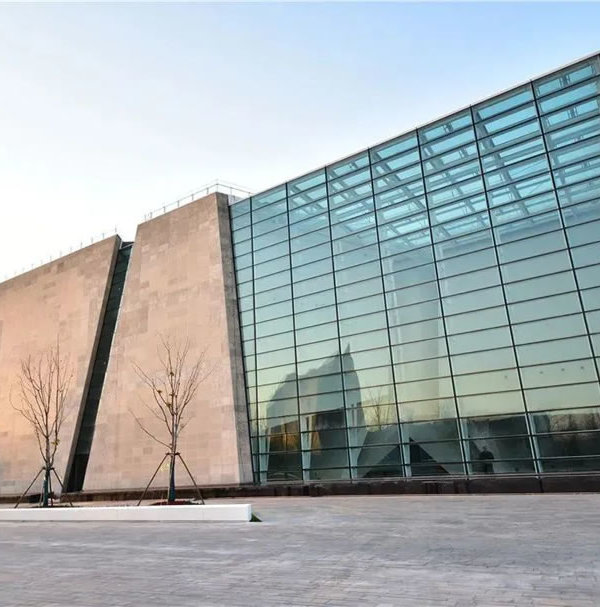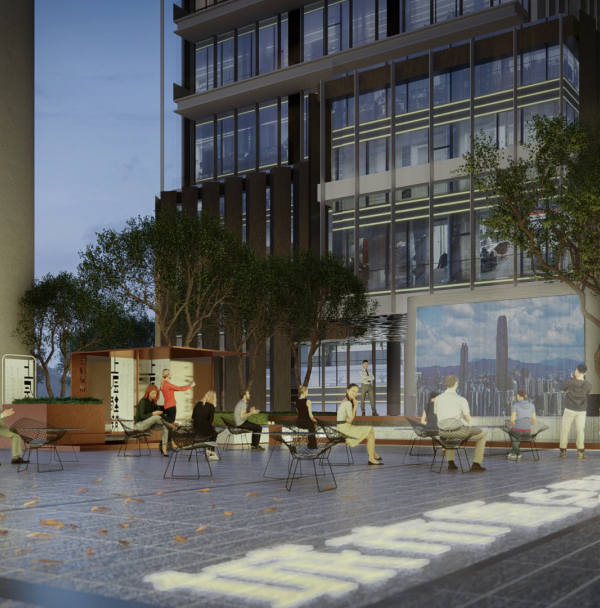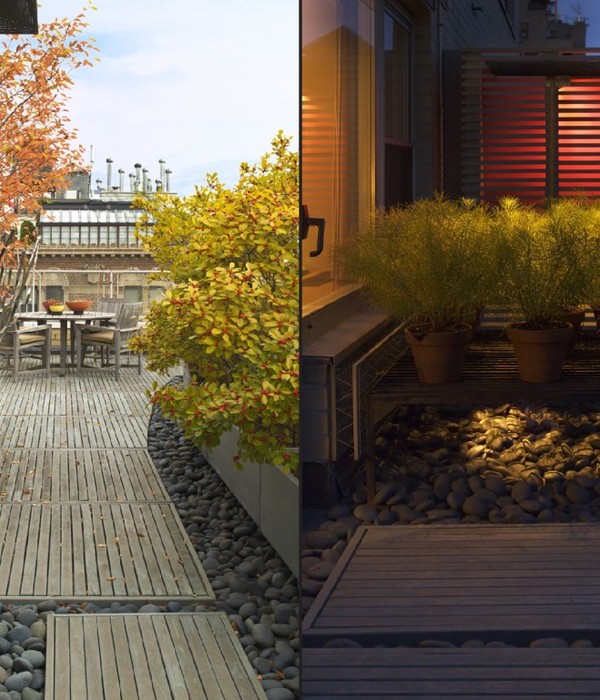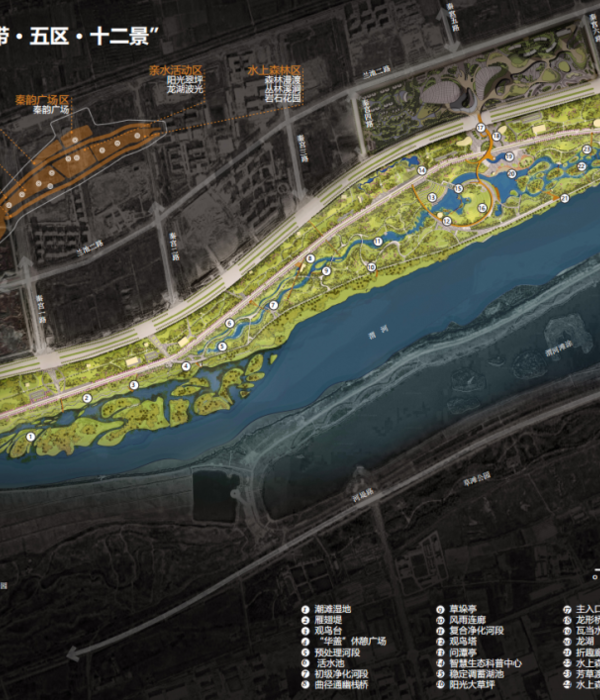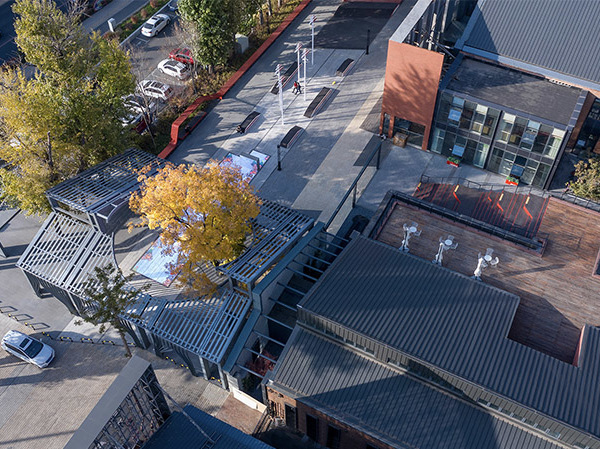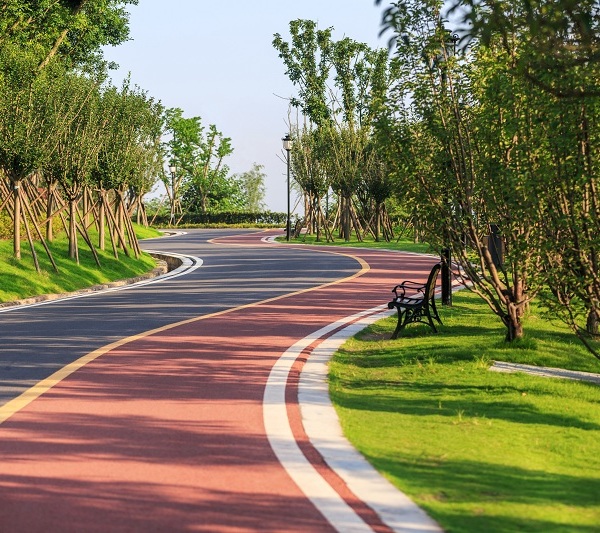The Eixample of Barcelona, characterised byits uniform, regular and extensive grid, shows a solid, mixed and highly densified city with a consolidated public space that now needs to reprogram and recycle itself to respond to a rapidly changing social, environmental and economic reality.
Climate emergency, pollution and the lack of green and social spaces, drives an innovative transformation based on a new framework that draws a human, comfortable and healthy city.
The Superblocks Program is one of the most ambitious urban transformations of the city with a plan that redefines the urban order by merging blocks into bigger units. A people-centred planning that offers the opportunity to gain new public spaces by creating proximity squares in the chamfer corners and green-healthy streets where previously there were cars.
The scope of the plan is extensive and the transformation requires a progressive deployment and a flexible approach. Testing, temporary actions, reversibility and adaptability are essential ingredients of the process, and for this, new planning tools are needed that from the Leku Studio office has been working on during the last years
The Superblock of Sant Antoni is an example of this work, in which flexible urbanization has made effective the progressive and adaptive extension of the Superblock model in the neighbourhood.
Flexible, modular and adaptive The premise of the urbanization is the total reversibility, the adaptability and recycling of the new landscape. To this end, a strategy is designed incorporating a toolkit of adaptive urban furniture elements, a graphic style guide (patterns, signage, communication ...) as well as a deployment methodology.
Graphic style and signalling The graphic language, the signage and the colour map are defined as well as the module that, as an extendable mesh, draws the basis of the new distribution. This serves as a guide and reference for the implementation of the graphic pattern and the arrangement of urban elements. The new graphic tile extends along the mesh settling and redistributing the spaces on the road.
Adaptive urban furniture toolkit The toolkit is designed following the modulation established by the base mesh being easily aggregated and combinable with each other, giving rise to a large number of combinations. These sets are key for the integration and extension of urban green as well as for the structuring of spaces. The use of eco-materials as well as the integration project.
Social, healthy and progressive This urban strategy has made possible the progressive and soft extension of the new Superblock landscape in an open and participative way.
Where previously there was an urban highway, now there is a healthy street full of life and green, where there was a traffic intersection now there is a liveable plaza. Car noise has been replaced by children playing, cheerful conversations between neighbours or elderly people chess games ... The transformation continues together with this flexible landscape capable of integrating new changes derived from urban testing and social innovation.
{{item.text_origin}}



